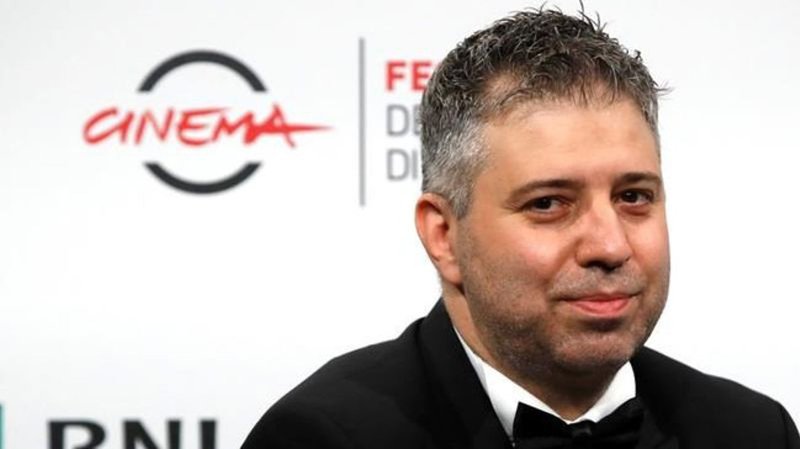
Vatican breaks silence, explains pope’s civil union comments
ROME — The Vatican says Pope Francis’ comments on gay civil unions were taken out of context in a documentary that spliced together parts of an old interview, but still confirmed Francis’ belief that gay couples should enjoy legal protections.
The Vatican secretariat of state issued guidance to ambassadors to explain the uproar that Francis’ comments created following the Oct. 21 premiere of the film “Francesco,” at the Rome Film Festival. The Vatican nuncio to Mexico, Archbishop Franco Coppola, posted the unsigned guidance on his Facebook page Sunday.
In it, the Vatican confirmed that Francis was referring to his position in 2010 when he was archbishop of Buenos Aires and strongly opposed moves to allow same-sex marriage. Instead, the former Cardinal Jorge Mario Bergoglio favoured extending legal protections to gay couples under what is understood in Argentina as a civil union law.
While Francis was known to have taken that position privately, he had never articulated his support as pope. As a result, the comments made headlines, primarily because the Vatican’s doctrine office in 2003 issued a document prohibiting such endorsement. The document, signed by Francis’ predecessor as pope, says the church’s support for gay people “cannot lead in any way to approval of homosexual behaviour or to legal recognition of homosexual unions.”


